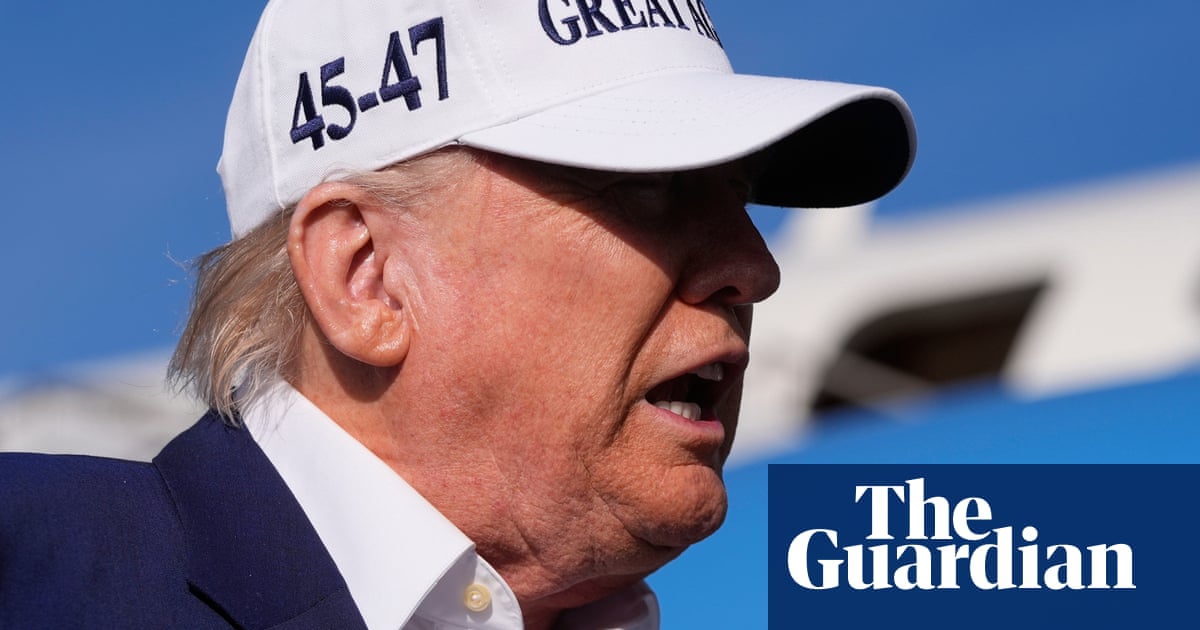Donald Trump has warnedVladimir Putinthat he is “playing with fire”, launching a fresh broadside at his Russian counterpart over stalled Ukraine peace efforts.
Trump’s latest comments came after he called the Kremlin leader “CRAZY”over the weekendfollowing a mass Russian air attack on Kyiv, and warned that Moscow risked new sanctions.
“What Vladimir Putin doesn’t realize is that if it weren’t for me, lots of really bad things would have already happened toRussia, and I mean REALLY BAD,” Trump said on his Truth Social network on Tuesday. “He’s playing with fire!”
Trump did not specify what the “really bad” things were, or make any specific threats.
But the Wall Street Journal and CNN reported that Trump was now considering fresh sanctions against Russia as early as this week, while stressing that he could still change his mind.
Trump had told reporters on Sunday he was “absolutely” considering increasing sanctions on Moscow.
The US president’s recent rebukes mark a major change from his previous attitude towards Putin, whom he often speaks of with admiration and has previouslyheld off criticizing.
Trump has, however, expressed increasing frustration with Moscow’s position in deadlocked truce negotiations with Kyiv.
That frustration boiled over at the weekend when Russia launched a record drone barrage atUkraine, killing at least 13 people.
“I’ve always had a very good relationship with Vladimir Putin of Russia, but something has happened to him. He has gone absolutely CRAZY!” Trump said in a Truth Social post on Sunday night.
Sign up toHeadlines US
Get the most important US headlines and highlights emailed direct to you every morning
after newsletter promotion
Russia’s attacks have continued despite a phone call between Trump and Putin eight days ago in which the US leader said the Russian president had agreed to “immediately” start ceasefire talks.
Moscow on Tuesday accused Kyiv of trying to “disrupt” peace efforts and said its aerial assaults on Ukraine in recent days were a “response” to escalating Ukrainian drone strikes on its own civilians.
